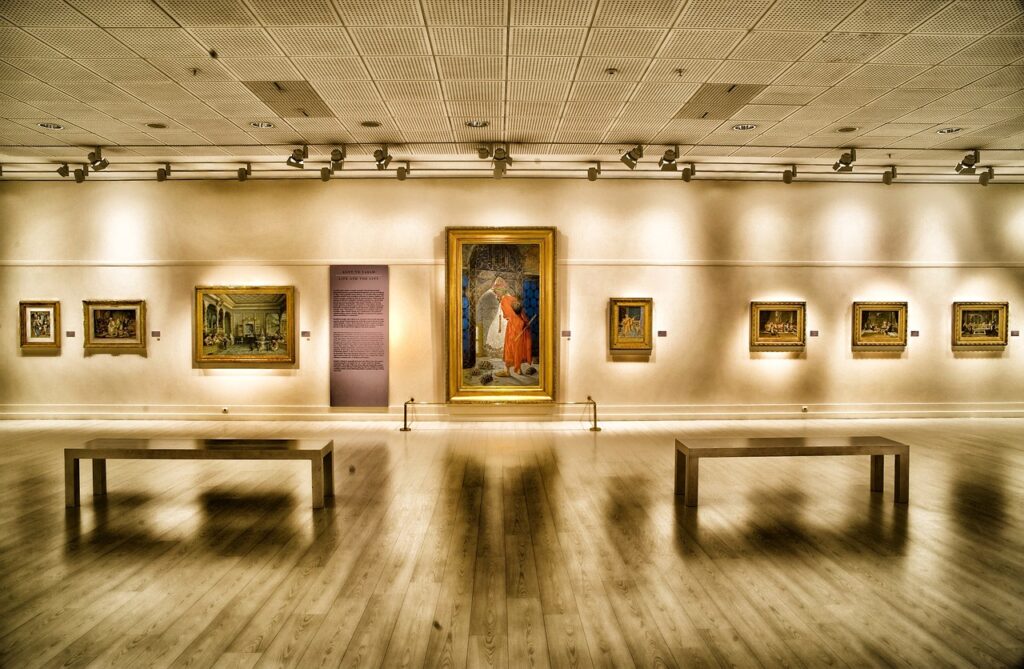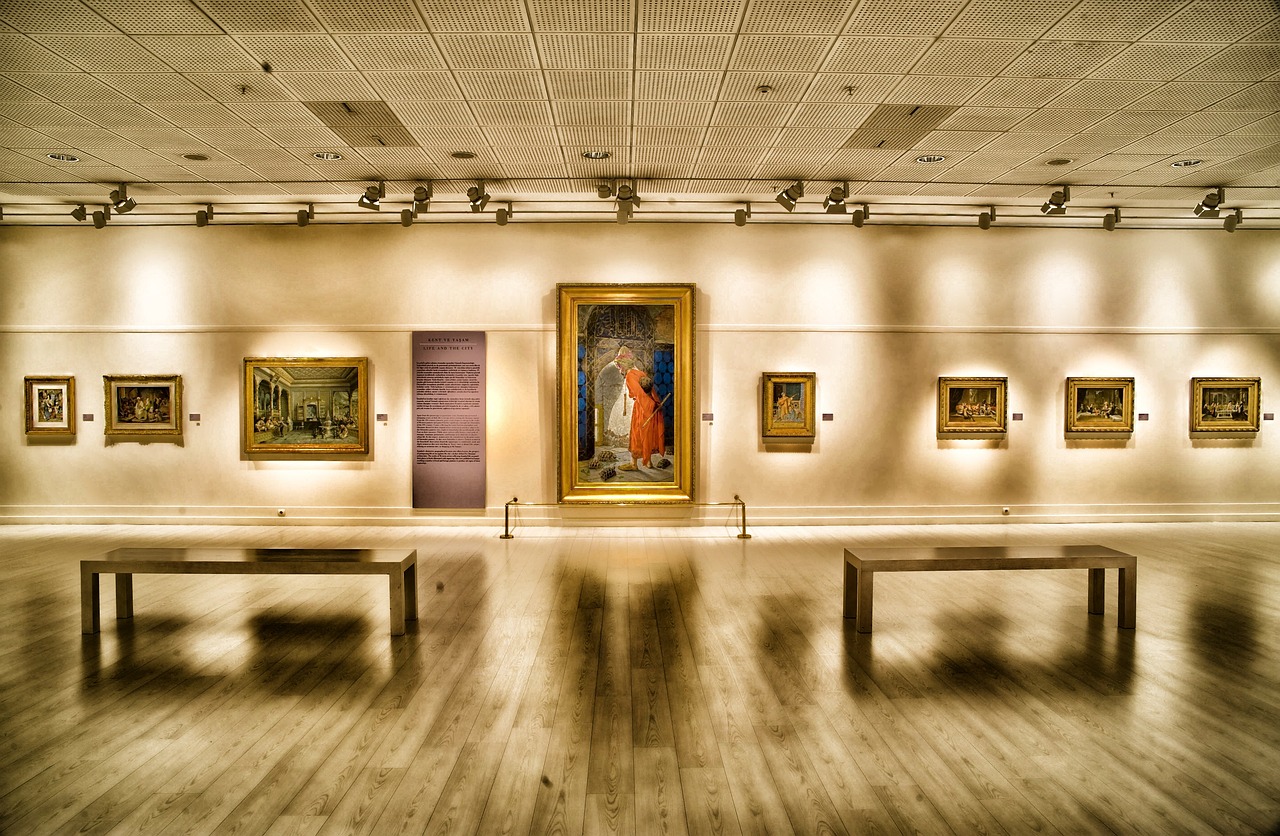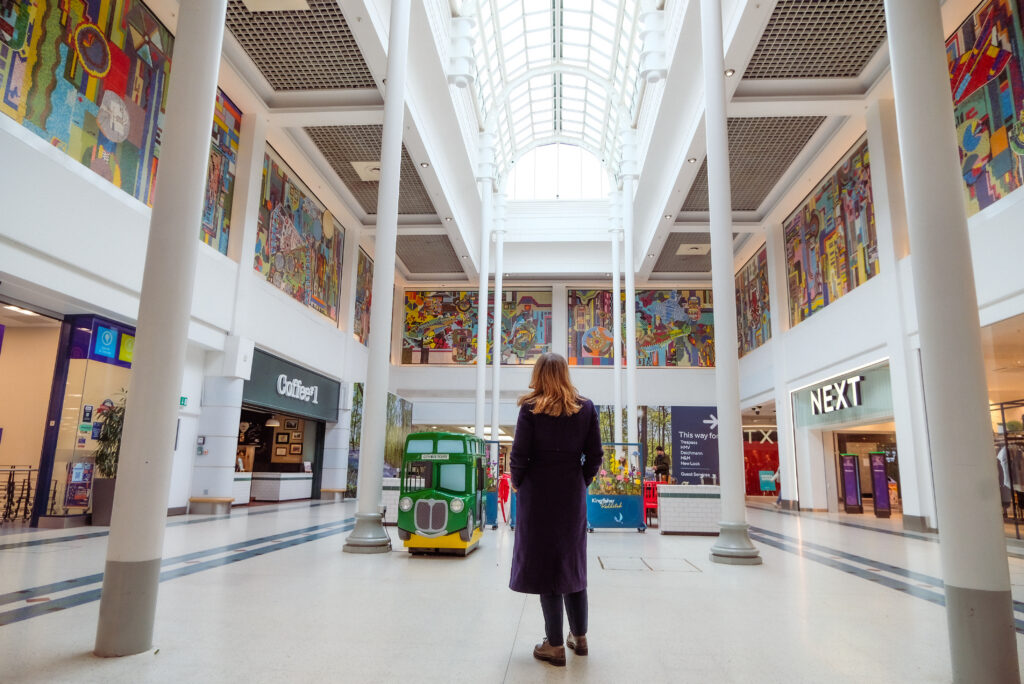
Starting an art business in the UK can be a rewarding and exciting venture. The country has a rich and diverse art scene, making it a great location for artists to thrive. However, like any business, there are certain steps that need to be taken in order to successfully establish and run an art business in the UK.
Is Starting an Art Business in the UK Profitable?
The UK art market, a vibrant and large arena for art enthusiasts, with London as a major hub for art auctions and fairs, stands out globally. For artists aiming to dive into the business side of art, this is a lucrative spot. In 2020, the total value of the art market in the UK was estimated at £9.6 billion, demonstrating a strong growth potential for aspiring art entrepreneurs and underscoring the importance of repetition in art trends and market dynamics.
What are the Different Art Businesses I Can Open?
There are various types of art businesses that can be established in the UK. Some popular options include:
- Art Gallery: A physical space where artists can exhibit and sell their work.
- Online Art Store: An e-commerce platform for artists to sell their artwork.
- Art Consultancy: Providing services such as art appraisals, sourcing artwork for clients, and advising on art investments.
- Art Classes and Workshops: Teaching art techniques and skills to students of all ages.
- Art Restoration and Conservation: Restoring and preserving valuable art pieces.
Your unique talents and passions should shape the art business you start. Finding your niche will make your marketing more targeted, attract the right audience, and position you as an expert in your specific art field.
How Much Does It Cost to Start a Small Art Business in London?
The cost of starting a small art business in London varies significantly depending on the sector:
- For an Art Gallery, initial costs can range from £10,000 to upwards of £100,000, inclusive of rent, renovation, and initial artist contracts.
- An Online Art Store might require a smaller investment, roughly between £1,000 to £5,000, mainly for website development, hosting, and initial marketing efforts.
- Art Consultancy services may start with as little as £2,000 to £3,000, covering basic administrative setup and initial marketing.
- For Art Classes and Workshops, initial costs can be around £3,000 to £10,000, depending on location rental, materials, and advertising.
- Art Restoration and Conservation businesses can face the highest variability in startup costs, potentially requiring £5,000 to £20,000 or more, heavily influenced by the need for specialised equipment and training.
These estimations provide a general guideline, but actual expenses can vary based on specific business plans, locations, and market strategies.
Start Your Own Art Business: 9 Steps Away From Your Dream Job
Embarking on the entrepreneurial path of establishing your own art business is a thrilling adventure, blending passion with profession. Here are 9 essential steps to take you from concept to reality, ensuring your venture into the art world is both successful and fulfilling.
1. Identify your niche
Before starting your art business, you need to first identify your niche. This could be a particular style of art like Surrealism, medium or theme that you specialise in. By focusing on a specific niche, you can better target your audience and stand out in the competitive art market.
2. Research the market
It is important to research the current art market in the UK before starting your business. This will give you a better understanding of the demand for your niche and help you determine the pricing and marketing strategies that will work best for your business.
3. Create a business plan
A business plan is essential for any successful business, including an art business. It should include your mission statement, target market, financial projections, and marketing strategies. A well-developed business plan will not only help guide your decisions but also attract potential investors or lenders.
4. Register your business
In the UK, you need to register your business with Companies House and HM Revenue and Customs (HMRC) for tax purposes. You may also need to obtain any necessary licenses or permits depending on the type of art business you are starting.
5. Set up a studio or gallery space
Having a physical space to create and display your art is important for establishing your brand and attracting potential customers. This could be in the form of a personal studio, shared workspace, or gallery space. Consider the location, size, and cost when choosing a space.
6. Develop your brand
Your brand is what sets you apart from other artists and helps customers identify and connect with your work. This includes not only your art style but also your logo, website, social media presence, and overall aesthetic. Ensure to create a consistent and professional image for your brand. You can use free online design tools like Adobe Express to create your branding templates.
7. Market your business
Marketing is crucial for any business, and the art world is no exception. Utilise social media platforms, attend local events and exhibitions, collaborate with other artists or businesses, and consider paid advertising to reach a wider audience. Also, make sure to have a strong online presence through a professional website and active social media accounts.
8. Network and collaborate
Building relationships with other artists, art organisations, and potential customers is important for the growth of your business. Attend networking events, workshops, and exhibitions to expand your contacts. Collaborating with other artists or businesses can also help increase exposure for both parties involved.
9. Stay informed and adaptable
The art world is constantly evolving, so it’s important to stay informed about industry trends, changes in the market, and new opportunities. Be open to adapting your business strategies and expanding your skills to keep up with these changes.
Conclusion: Is Opening an Art Business in London, UK, a Good Idea?
London, with its vibrant art scene and diverse cultural heritage, presents a promising landscape for launching an art business. The city’s rich tapestry of galleries, museums, and international art fairs provides an unparalleled platform for artists to showcase their work and connect with a wide audience. However, the competitive nature of London’s art market necessitates a unique and high-quality offering, as well as effective business and marketing strategies to stand out.
Final Tips for Success:
- Understand Your Market: Before establishing your art business in London, conduct thorough market research to understand the preferences and buying habits of your potential clientele. This insight will help tailor your offerings to meet market demand effectively.
- Leverage Local Resources: Take advantage of London’s art-focused resources, such as creative hubs, artist residencies, and funding opportunities specifically aimed at supporting the arts. These resources can provide crucial support and exposure for emerging artists and businesses.
- Client Reviews and Testimonials: Encourage your clients to leave reviews and testimonials. Positive feedback can significantly enhance your brand’s reputation, attract new customers, and build trust within the art community. Consider featuring these testimonials on your website and social media platforms.
Ultimately, opening an art business in London can be a rewarding venture, provided you have a passion for art, a solid business plan, and the willingness to network and adapt to the market’s needs. With dedication and strategic planning, your art business can thrive in London’s dynamic and inspiring environment.


